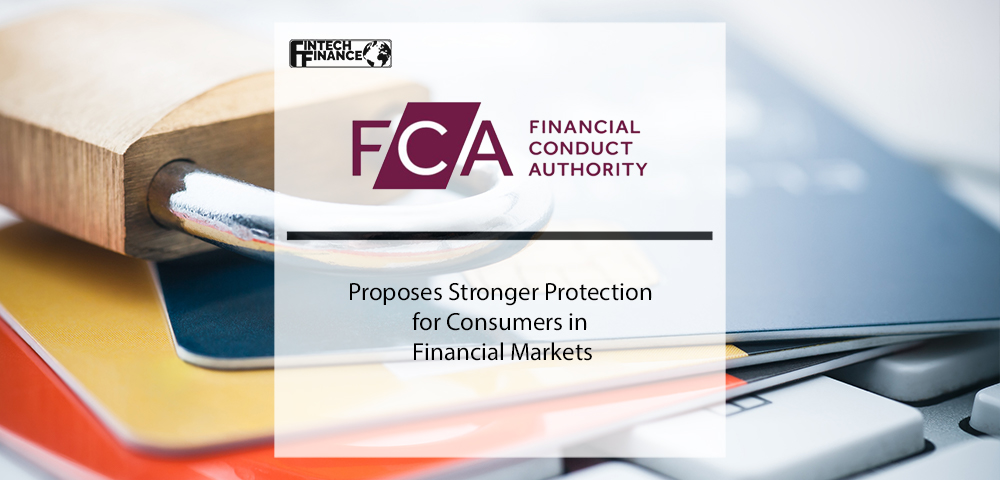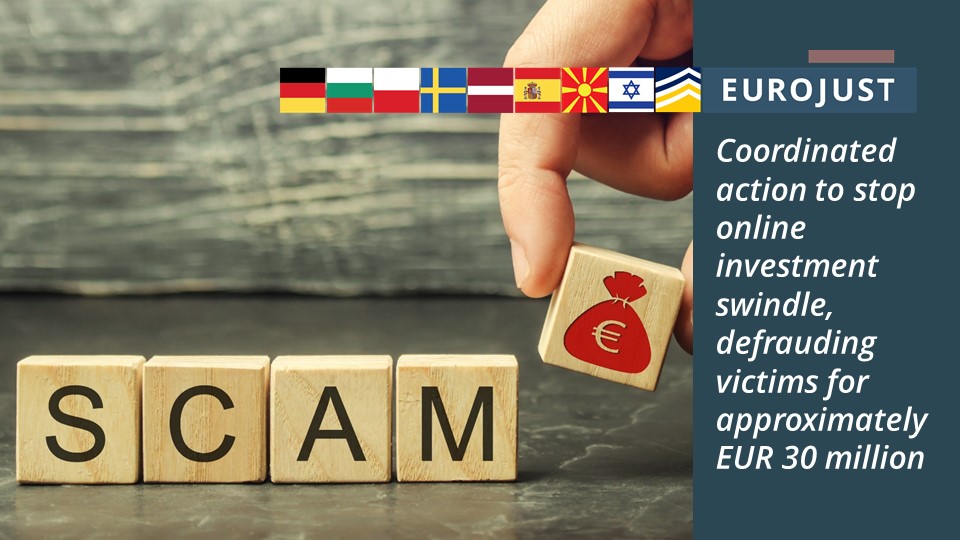by Michal Pleticha
Whistleblowing is back in the spotlight, ready to ignite heated debates later this year. Why? The 17th of December 2021 marks the expiration of the transposition period of the EU Whistleblower Directive1. To put it simply, every EU Member State should have the effective law on the protection of whistleblowers by the end of this year, which means that the internal compliance systems of many public and private entities is about to change. Let’s have a closer look at the preparations in two EU countries, Germany and the Czech Republic who share the similar model of whistleblower protection: partial and fragmented. Continue reading…










